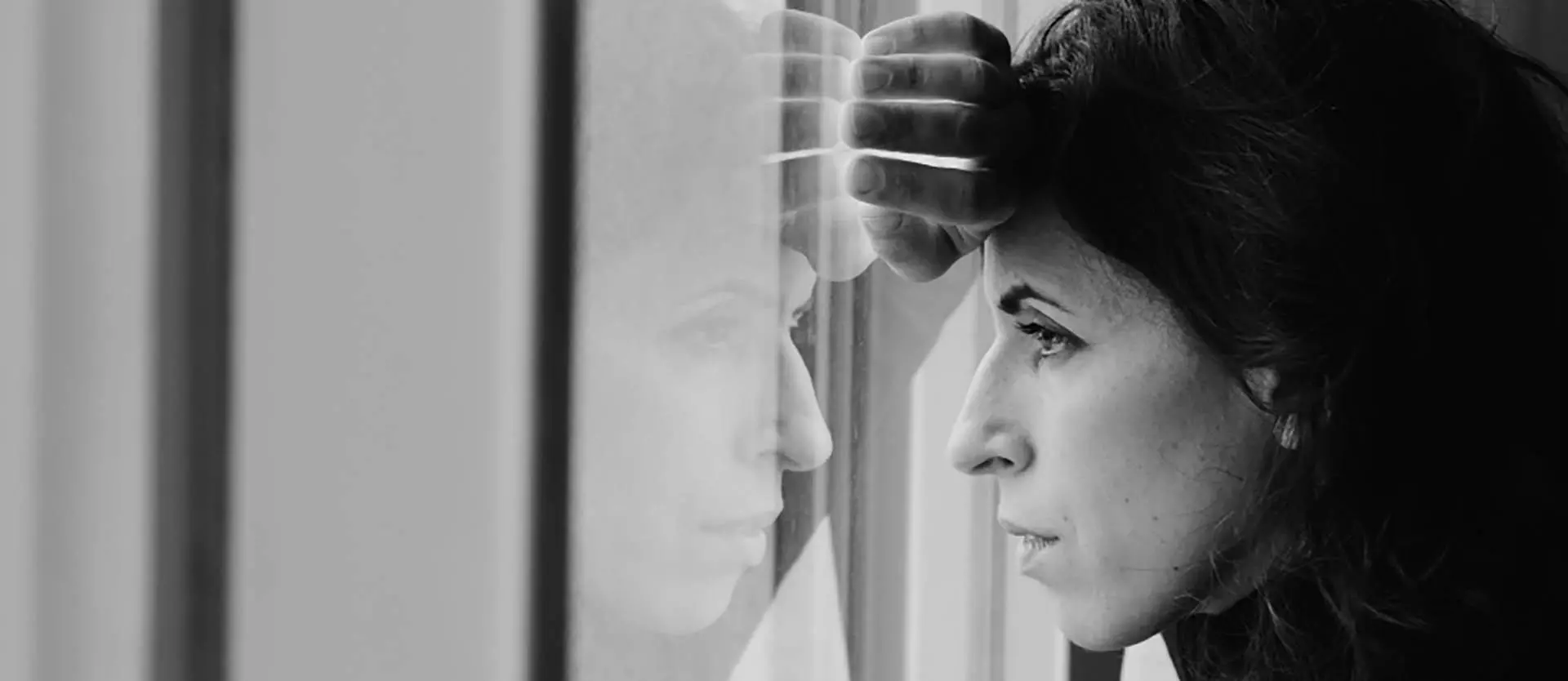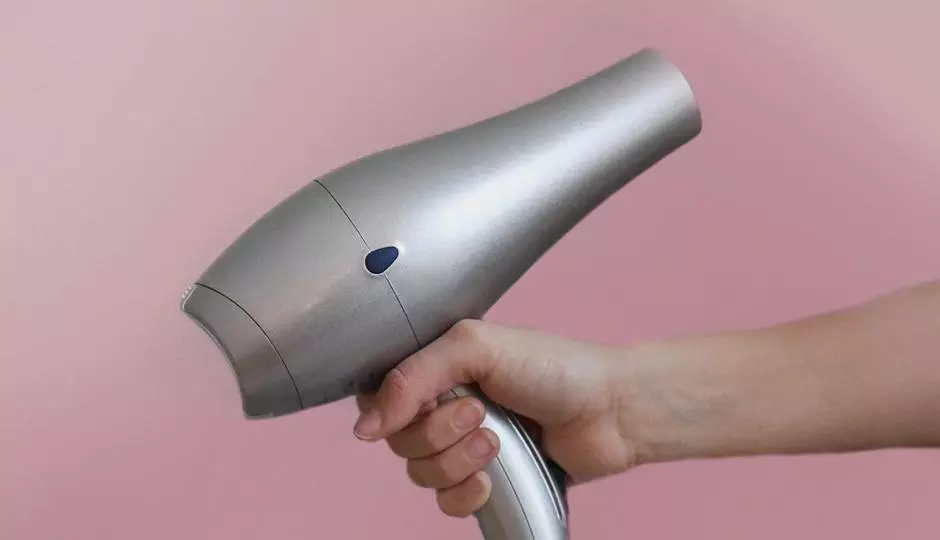Women may experience hair loss for various reasons including underactive thyroid, medications, and genetics. Even a poor diet can create some hair loss. However, losing hair can create a variety of psychological effects in women. It happens for many reasons, mainly because of the importance hair tends to have in the way people look at themselves.
Why Is Hair Loss So Hard to Deal With?
For women, and many men, hair loss isn't just a symptom of an underlying problem. For many people, the impact is due to the culture that we live in. Most societies in the world associate hair with the way we look including in beauty, health, and youthful looks. For some women, hair helps them to feel beautiful and, when they lose it, the psychological impact can be very harsh.
- Some women experience mild depression, especially when faced with medical concerns that brought on the hair loss.
- For those already prone to depression, losing a significant amount of hair can create a severe depression episode that may require physician care.
- Hair loss may cause anxiety especially when women have to interact with others for the first time in a social setting.
- It may lower self-esteem because women may not view themselves as beautiful or, in a more drastic case, worthy.
No matter what the impact is, hair loss needs to be addressed whenever possible. More so, these psychological impacts need to be considered and treated as well especially when they interact with your quality of life or your ability to live life the way you want to.
What Can You Do If You Are Struggling?
If you are struggling with the psychological impact of hair loss, realize that you are not alone. There are also a few helpful things you can do to start improving the way you feel.
- Talk to a counselor whenever you need to do so. It is often important to reach out to a professional for talk therapy to explore what your underlying thoughts and fears are. Talk therapy can help you to address why you feel this way and help you to get past the depression-like symptoms you are experiencing.
- Talk to your doctor about treatments for your hair loss. Find out if it is likely to come back and, if not, take the next step of talking to a hair loss professional about options for hiding, improving, or enhancing your limited hair. Not all forms of hair loss are permanent. If you don't know what's brought it on, talk to your doctor to find out.
- Talk to a friend about your hair loss. Chances are good that many of them have experienced something similar. They can often help you to better understand why it happening to you and what you can do about it. Most importantly, this move allows you to see that you are not alone in this process.
- Look for new ways to express yourself. Your beauty is not defined by your hair. New styling options, hairpieces, as well as accessories of all types can help you to create a new you. Be expressive in a new way!
For loved ones who have a family member struggling with hair loss, monitor the psychological impact it is having on them. In some situations, especially in individuals who are at risk for depression or other emotional problems, hair loss can be a trigger.
Realize that your hair is not what defines you and that you are beautiful no matter what it looks like. You can and should talk to your doctor about what is happening and why. Ensure that, if possible, you can make adjustments to encourage hair growth if it matters to you. In the process, work towards improving your outlook on life and your self-value. Speak with a hair loss professional that can go over proven solutions/options for your individual hair situation. There are options available that can help you feel beautiful and confident about your appearance. For a free, private consultation, contact Unique Hair Concepts for an appointment.






